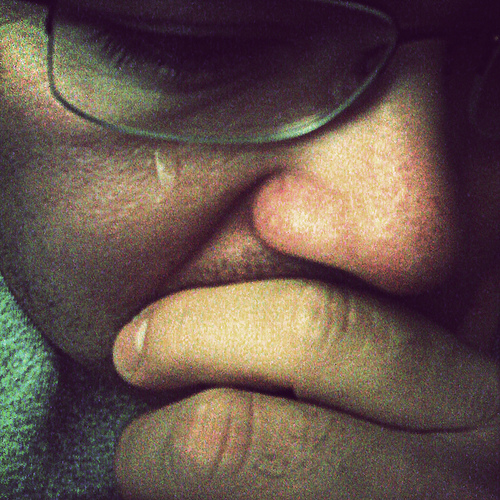Just as no two lives are the same, every grief over death is unique. The tragic loss of a loved one is never easy to accept — each bereaved person copes differently; others even go through the most extreme emotions to embrace the grim reality.
During the stage of bereavement, a person spends different lengths of time working out every step, feeling every emotion and sorting out every thought. At times, people go back and forth through stages until ultimately, they reach the final stage of grief.
Elizabeth Kubler-Ross sparked the open discussion about death and dealing with it. She eventually formulated the Kubler-Ross model, the 5 Stages of Grief first published on her book, On Death and Dying.
Here we make sense of grief in terms of each stage. Understand though, that these stages don’t always occur in order. The most important thing is for the grieving person to reach acceptance.
5 Stages of Grief
Denial
It is human nature for people to quickly build a defense mechanism, a reaction to protect the self from overwhelming emotions. Upon hearing such tragic news, one can’t help but be immersed in disbelief. Others go as far as reportedly being in a trance-like state of unreality.
Denial is a temporary response to the situation. It is the beginning of coming to terms with the reality of losing someone we love.
Anger
Once the person gets through masking the real situation, the pain strongly emerges and is redirected as anger. Most of the time when someone passes away from an illness, the grieving person feels angry towards the doctor involved. Other times, the anger may be directed towards inanimate objects, friends, strangers, family members and even towards the deceased.
Emotionally, we blame the ones we feel are responsible for the tragedy that’s clouding us right now. However, rationally, we know that we cannot really blame anyone.
Bargaining
This is where all the “What If’s” arise. This is the point where the person thinks about what could have been done in order to prevent the inevitable from happening. Sometimes, the person begins to bargain with God, wishing for just one more day to spend with the deceased.
Most of the time, bargaining comes with feeling guilty. However, making sense of it means negotiating with the pain one is currently feeling.
Depression
Depression brought about the loss of a loved one can surface in two ways: First is brought about by the practical implications of death. For example, burial and funeral costs. The second type of depression is the more private one, wherein the person feels the overwhelming blanket of sadness.
During depression, many withdraw from typical everyday activities and succumb to the loss. It will indeed be a very difficult phase in trying to move on with one’s life.
Acceptance
This is the stage where the person accepts the new reality, where the deceased person is no longer with them. However, this is one stage afforded to everyone. Others may not be able to move pass the denial, anger or depression.
Acceptance doesn’t equate to one being finally “okay”. It means you begin to recognize that your loved one is in a much better place and you are slowly picking up the pieces and trying your hardest to live your life again.
Supporting the Bereaved
There are plenty of ways a grieving person will cope with death. Others are completely withdrawn while some are better in masking their emotions. If you are supporting a bereaved friend, family member or partner, there are correct steps in accomplishing it.
Recognizing the stages of grief is the first step. It is important to understand exactly what the grieving person is feeling so support will be much more specific. It is also advisable to veer away from using clichés such as “I know how you feel”, “Time heals”, “You need to move on” or “You’ll get over it”. These are phrases that merely dodge the problem and may ignite undesired emotions.
The better way of showing support is to listen more than talk. Allow the grieving person to release, as you will be on the receiving end. Offer to help them memorialize their deceased loved one and ask the person what s/he needs. Sometimes, a shoulder to cry on is more than enough. Always continue to check on them but in regulation. Allow them the space to mourn privately too.
Grief is inevitable but it shouldn’t be experienced alone. The best we can do is be aware and be there in one’s time of need.


